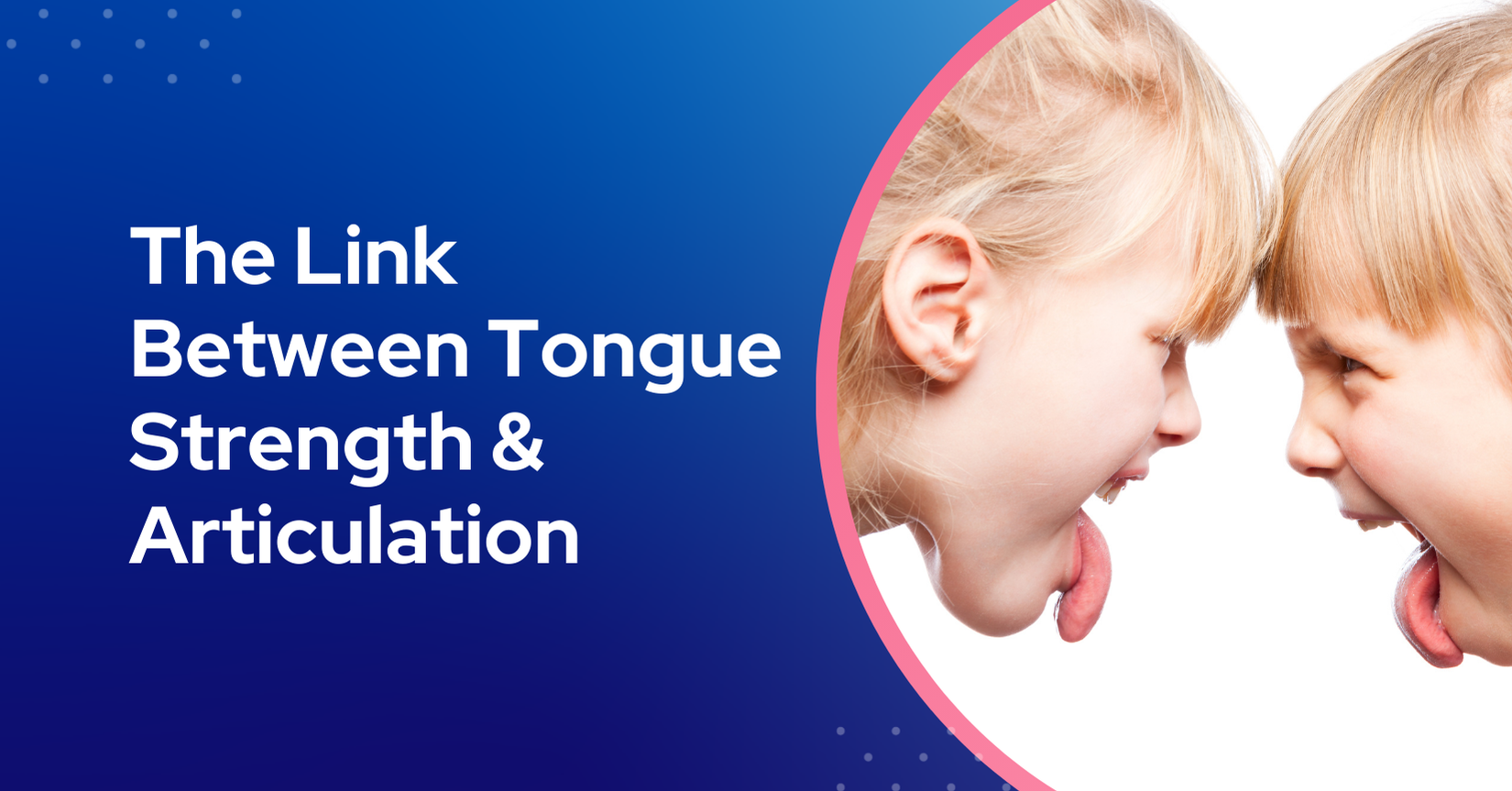Have you ever stopped to appreciate your tongue? This remarkable muscle is the strongest in your mouth and plays a starring role in many essential functions. But did you know it's also a critical player in how clearly you speak? Tongue strength has a significant impact on articulation.
The Power of Precision
Articulation is all about shaping sounds with your mouth. Strong tongue muscles allow for more precise movements, giving you better control over how you form each sound. This translates to clearer, more easily understood speech.
Think of your tongue like a sculptor. When it's strong and flexible, it can mold the sounds of language with greater accuracy. Imagine trying to sculpt a delicate flower with weak, shaky hands – the results wouldn't be ideal. The same goes for speech – a strong tongue helps you create well-defined sounds.
Consonants Get a Boost
Many consonants, like "t," "d," "l," and "s," require specific tongue placement behind your top teeth on the roof of your mouth. Strong tongue muscles ensure you can hold these positions firmly, resulting in crisp and distinct consonant sounds.
For instance, the "t" sound relies on the tip of your tongue touching behind your teeth. If your tongue muscles are weak, you might end up lisping or having a muffled "t" sound.
Speaking the Long Haul
Clear communication often involves extended periods of talking. Whether it's a child in school or an adult giving a presentation, strong tongue muscles come in handy. They help you maintain proper articulation for longer stretches without getting tired.
Beyond Strength: A Symphony of Skills
It's important to remember that articulation is a complex skill, and tongue strength is just one piece of the puzzle. Here are some other factors that play a role:
- Oral Motor Skills: This refers to the coordinated movement of your lips, jaw, tongue, and cheeks. All these parts work together like an orchestra to produce speech sounds.
- Hearing: We learn to speak by listening and mimicking the sounds we hear. Difficulty hearing can affect a child's ability to learn and produce speech sounds correctly.
- Language Processing: Understanding the structure of language and how sounds combine to form words is crucial for clear articulation.
Taking Action
If you suspect your child might have difficulties with articulation, a speech-language pathologist (SLP) can be your guide. They can evaluate your child's skills and create a personalized therapy plan that addresses any weaknesses. This plan might include exercises to improve not just tongue strength, but also coordination and overall articulation skills.
A Gentle Guide: Spot Pal
Looking for a way to gently guide your child's tongue to the correct resting position? Consider consulting a speech therapist about custom-made appliances like Spot Pal. This can be a helpful tool, especially for young children, to improve oral posture and promote stronger tongue muscles.
Remember: Early intervention is key when it comes to addressing speech or language delays. While a strong tongue is a valuable asset for clear speech, it's just one instrument in the symphony of communication.

Share:
5 Breathing Exercises (with a Spot Pal)
The Tongue's Influence on Dental Health